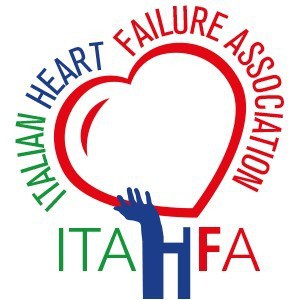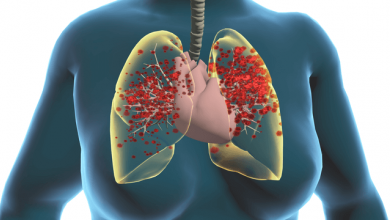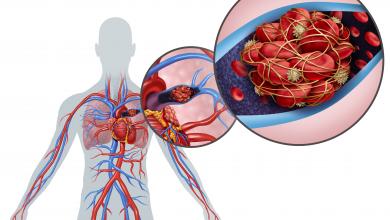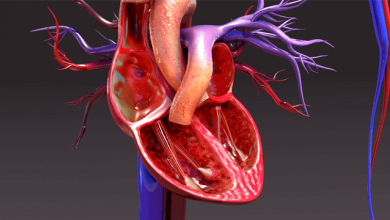Search results
Author(s):
Vineet Agrawal
,
Kelly A Costopoulos
,
Mohammed Chowdhary
,
et al
Added:
2 years ago
Author(s):
Aniket S Rali
,
Sagar Ranka
,
Zubair Shah
,
et al
Added:
3 years ago
Coronavirus disease 2019 (COVID-19) has evolved into a global pandemic, having affected more than 2.3 million people and claiming more than 160,000 lives. Infection with the severe acute respiratory syndrome coronavirus 2 (SARS-CoV-2) virus predominantly causes fever (77–98% of cases), fatigue (52–75%) and cough (60–81%).1,2 While it primarily affects the respiratory system, it also appears to…
View more
Author(s):
Mattia Arrigo
,
Lars Christian Huber
Added:
3 years ago
Author(s):
Alberto Aimo
,
Giosafat Spitaleri
,
Dario Nieri
,
et al
Added:
2 years ago
Author(s):
Emilia D’Elia
,
Michele Senni
Added:
3 years ago
Severe acute respiratory syndrome coronavirus 2 (SARS-CoV-2) causes coronavirus disease 2019 (COVID-19), which has reached a pandemic level worldwide.1 Bergamo was the first western town affected by the COVID-19 pandemic and has the sad record of being the city with the highest number of COVID-19 cases and deaths, not only in the Lombardy region but also throughout Italy and the world. The first…
View more
Jason Bartos
Job title: Interventional Cardiologist
Author
Author(s):
Maria Rosa Costanzo
Added:
3 years ago
Approximately 90% of the more than 1 million yearly heart failure hospitalisations in the US and Europe are a result of symptoms and signs of fluid overload and are associated with readmission rates of 24% and 50% at 30 days and 6 months, respectively.1,2 Recurrent heart failure-related hospitalisations have uniformly been associated with worse outcomes, independent of age and renal function.3
…
View more
Author(s):
Mattia Arrigo
,
Lars Christian Huber
,
Stephan Winnik
,
et al
Added:
3 years ago
In 1616, Sir William Harvey was the first person to describe the importance of right ventricular function.1 However, the right ventricle (RV) has received little attention in the past, with cardiology dealing mostly with the diseases of the left ventricle (LV) and their potential treatment. Since the early 1950s, however, the prognostic significance of RV function has been recognised in several…
View more
Author(s):
Santhi Adigopula
,
Julia Grapsa
Added:
3 years ago
The increasing prevalence of heart failure requires the establishment of new imaging techniques that are able to diagnose early and guide treatment. With an estimated 825,000 new cases annually in the US, the heart failure burden will continue to rise and is expected to exceed 8 million by 2030.1
Echocardiography
Left Ventricular Function: The New Definition of Mid-Range Ejection Fraction Heart…
View more
Author(s):
Till Hauffe
,
Bernard Krüger
,
Dominique Bettex
,
et al
Added:
3 years ago
Shock in cardio-surgical intensive care unit (ICU) patients is a serious condition associated with a high morbidity and mortality.1,2 Prompt identification of the underlying condition and timely therapeutic interventions are key to reverse the shock state and to improve the patients’ outcome. Hence, the management during the first 6 hours is of paramount importance. This time period is also…
View more
















